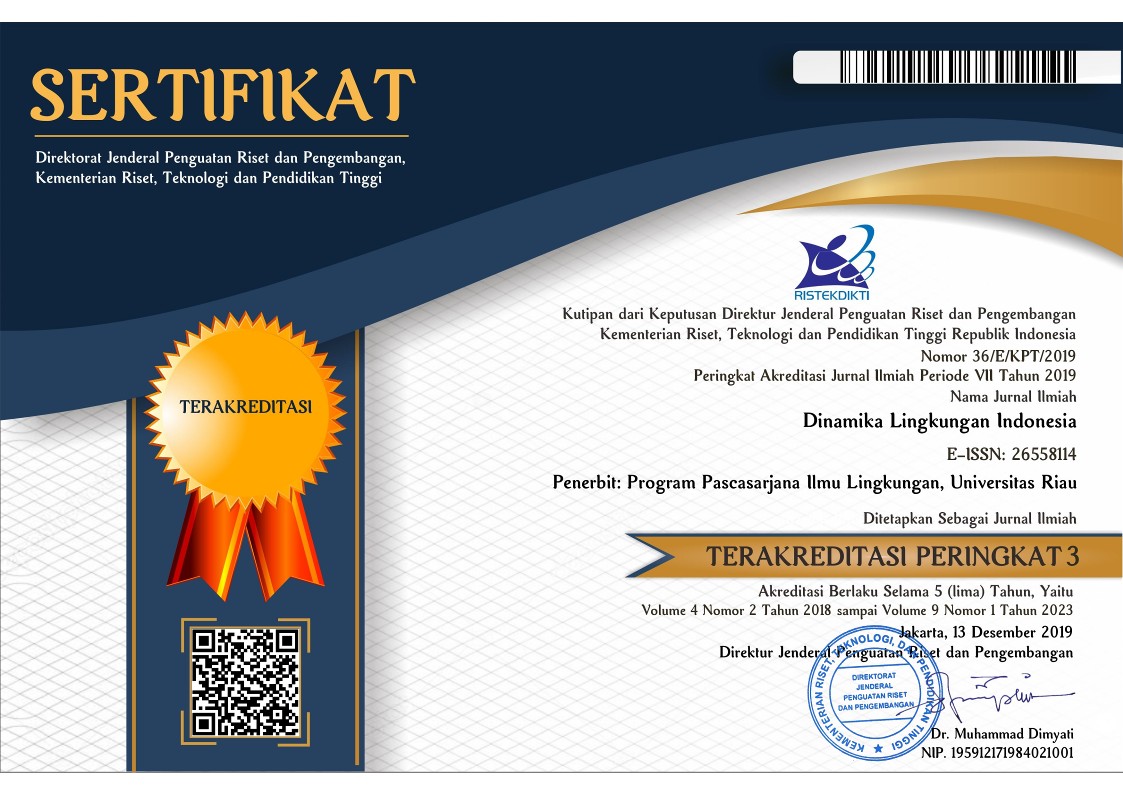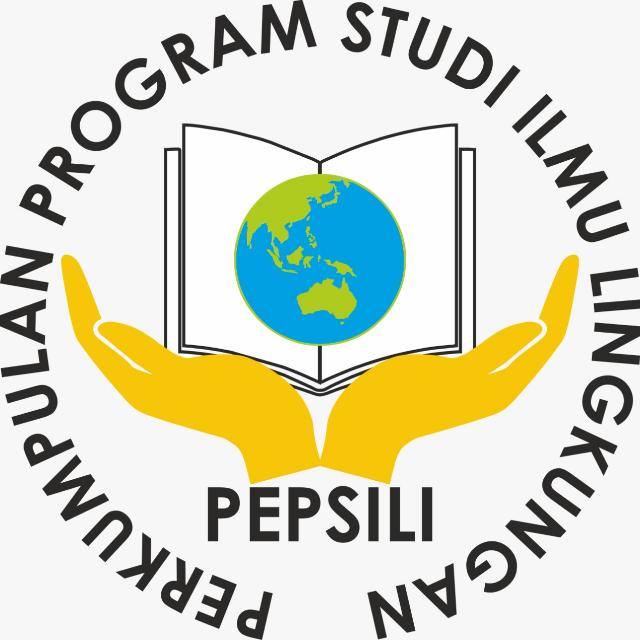Partisipasi Masyarakat dalam Pengelolaan Sampah Menjadi Gas Metan di Desa Tlekung, Kecamatan Junrejo, Kota Batu
Abstract
Since 2009, Tlekung Village has been used as a Final Disposal Site for rubbish, which has the main problem, namely the problem of the sting smell due to a pile of trash. The purpose of this research is to find out how the TPA Tlekung manages waste and overcomes the problem of the smell of rubbish and how the community participates in waste management. The method in this research was a survey method with analysis techniques using descriptive methods. The results of the research showed that the community had participated in the form of rubbish shelter with a percentage of 56.6%, rubbish collection with a percentage of 56.6%, and the level of community participation was high with a percentage of 93.3%. The conclusion of the community in Tlekung Village is the level of participation is high in reducing the smell of rubbish and participating in the management of waste into methane gas. From the results of community participation in helping to manage waste, the community gets the free flow of methane gas from TPA Tlekung.
Keywords
Full Text:
PDFReferences
Arief, Sofyan. (2013). Pengelolaan Sampah Malang Raya Menuju Pengelolaan Sampah Terpadu Yang Berbasis Partisipasi Masyarakat. Fakultas Hukum, Universitas Muhammadiyah Malang. Volume 8: 195–208.
Armi., & Dian. (2017). Pengelolaan Sampah Organik menjadi Gas Metana. Serambi Sanitia Vol.5 No.1 Tahun 2017. https://doi.org/10.32672/jss.v5i1.273.
Dwiki, Amara., & Widi. (2020). Kebijakan Pengelolaan Sampah di Daerah Utama Tujuan Wisata. Jurnal Kebijakan Publik Vol. 11, No. 2. http://dx.doi.org/10.31258/jkp.11.2.p.105-112.
Insani, D. M. (2013). Degradasi Anaerob Sampah Organik dengan Bioaktivator Effective Microorganism-5 (EM-5) untuk Menghasilkan Biogas. Jurnal Pendidikan Sains, Vol.1 No.3. http://dx.doi.org/10.17977/jps.v1i3.4175.
Martinawati, et al. (2016). Partisipasi Masyarakat dalam Pengelolaan Sampah Rumah Tangga: Sebuah Studi di Kecamatan Sukarami Kota Palembang. Jurnal Penelitian Sains Vol.18 No.1. https://doi.org/10.26554/jps.v18i1.35.
Marwah, S., Ellin, H., & Wowon, J. (2016). Analisis Kualitas Gas Metana dan Jumlah Bakteri Anaerob pada Proses Pembentukan Biogas dari Feses Sapi Potong dalam Tabung Hungate. E-Journals Vol. 5 No.3.
Mulasari, A., Adi, H., & Noeng, M. (2016). Analisis Situasi Permasalahan Sampah Kota Yogyakarta dan Kebijakan Penanggulangannya. KEMAS 11 (2). https://doi.org/10.15294/kemas.v11i2.3989.
Mustaqim, et al. (2010). Instalasi Sistem Penyalur Gasbio Menggunakan Pipa PVC.
Nurhadi, N., Windarta, J., & Ginting, D. (2020). Evaluasi Pemanfaatan Gas TPA Menjadi Listrik, Studi Kasus TPA Jatibarang Kota Semarang. Jurnal Energi Baru Dan Terbarukan, 1(1), 19–25. https://doi.org/10.14710/jebt.2020.8134.
Qodriyatun, S. N. (2018). Sampah Plastik: Dampaknya Terhadap Pariwisata dan Solusi. Info Singkat Vol. 10 No. 23.
Septiani, B. A., Arianie, D. M., Risman, V. F. A. A., Handayani, W., & Kawuryan, I. S. S. (2019). Pengelolaan Sampah Plastik di Salatiga: Praktik, dan tantangan. Jurnal Ilmu Lingkungan, 17(1), 90. https://doi.org/10.14710/jil.17.1.90-99.
Sulistyorini, N. R. Darwis, R. S., & Gutama, A. S. (2015). Partisipasi Masyarakat dalam Pengelolaan Sampah di Lingkungan Margaluyu Kelurahan Cicurug. Social Work Journal Vol. 5 No.1. https://doi.org/10.24198/share.v5i1.13120.
Susanti, E., Adhi, S., & Dzunuwanus, G. (2016). Analisis Faktor Penghambat Penerapan Kebijakan Sanitary Landfill di TPA Jatibarang Semarang Sesuai Dengan Undang-Undang No. 18 Tahun 2008 Tentang Pengelolaan Sampah. Journal of Politic and Government Studies, 5(03), 371-383.
DOI: http://dx.doi.org/10.31258/dli.8.2.p.107-112
Refbacks
- There are currently no refbacks.





